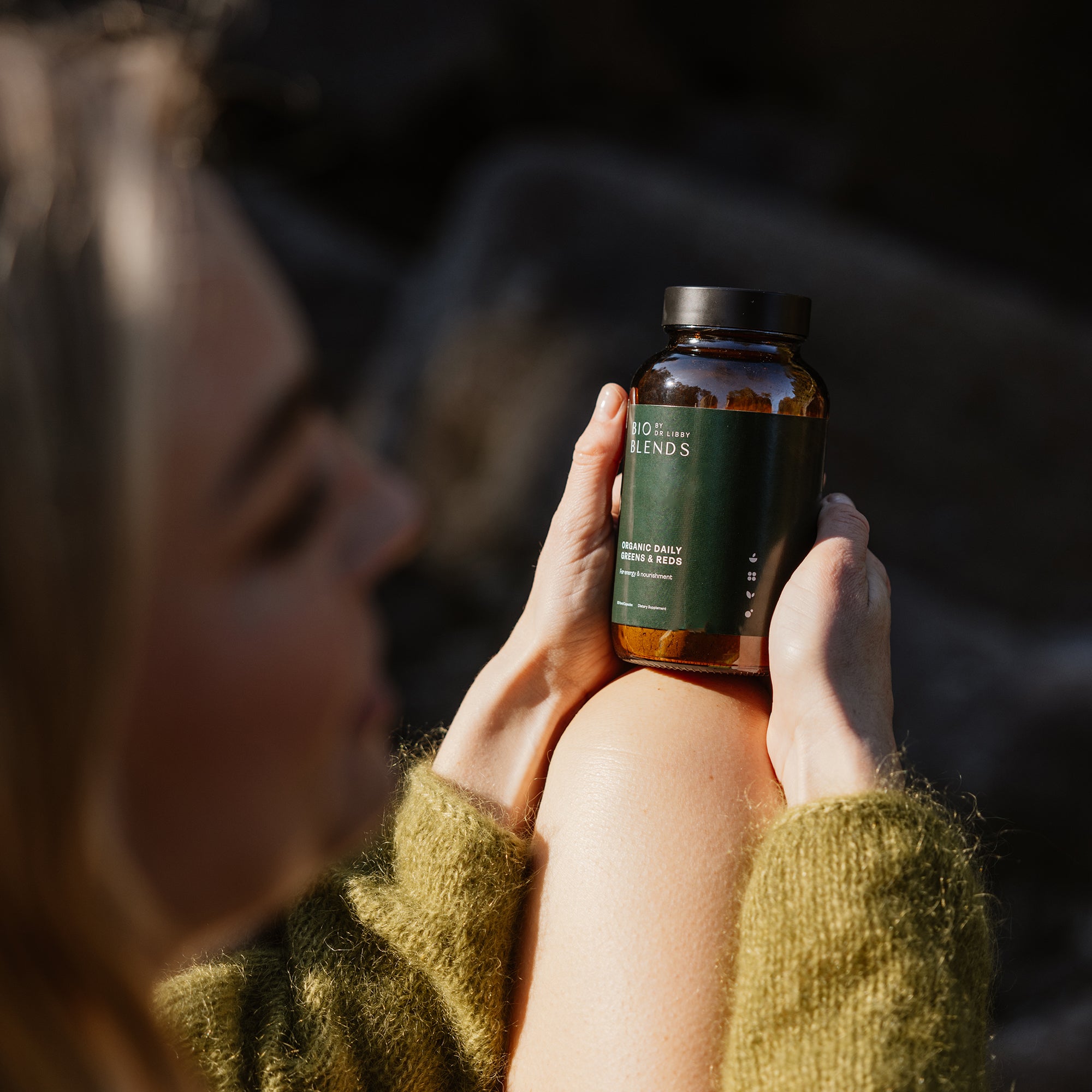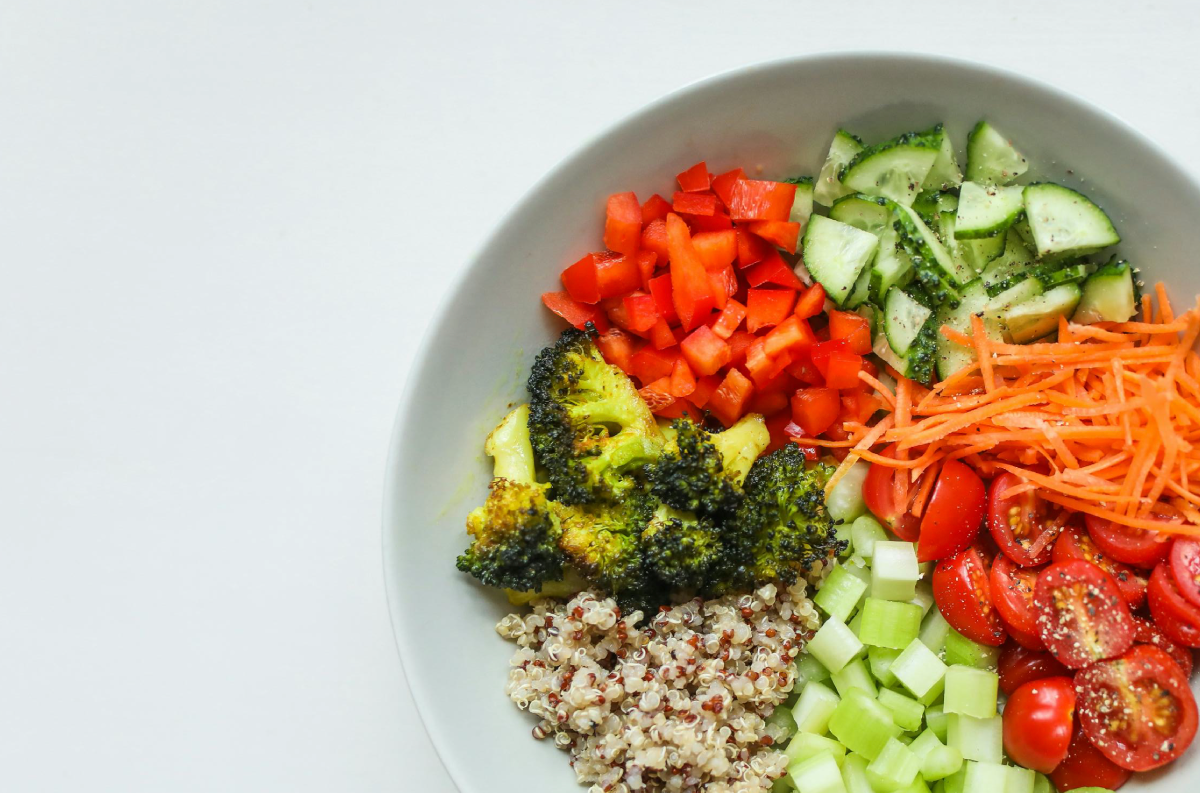
Dementia isn’t inevitable: What the latest research shows
Dementia is a word that carries weight. For many of us, it brings up images of forgetting familiar faces, getting lost in your own street, or watching a loved one slip away long before their body does.
It’s confronting to know dementia is already the leading cause of death for women in Australia and the number two cause for women in New Zealand – and it’s climbing fast for men too. But here’s the hopeful part: research now shows up to half of dementia risk is linked to things we can change. Not everything, of course. But enough to make a difference. Let that empower you.
Food, movement, blood pressure, hearing, even how often you catch up with friends – these everyday choices can shape your brain’s resilience for decades to come. That means the little things you do now aren’t just habits. They’re future-proofing.
Here’s what the science is telling us about how we can reduce our dementia risk.
Eat the MIND (and Mediterranean way)
A recent study confirmed that a diet modelled on the MIND framework – emphasising the consistent, regular consumption of green leafy veg, berries, olive oil and nuts – was linked to a 25% lower risk of neuron loss in the hippocampus, the brain’s memory hub, even when accounting for age and genetics. Similarly, the Mediterranean diet has been shown to reduce dementia-related death by about 28%, even for those with genetic risk, thanks to brain-protective olive oil and this whole food way of eating.
Move to preserve your brain
Physical activity doesn’t just boost your heart—it also fuels your brain. Regular exercise enhances neuron growth and resilience through a protein called BDNF and may halve your risk of cognitive decline, especially in vascular dementia. And even simple real-world changes, like cycling to work instead of driving, using memory rather than maps to get where you need to go, offer protective benefits.
Mind your social and mental life
Staying socially active is one of the strongest behavioural buffers against dementia. Seniors who are socially engaged have up to 62% lower risk, along with better brain structure and immune health. Lifelong learning and mental stimulation also build ‘cognitive reserve’ – the brain’s resilience in the face of ageing. Things like learning a musical instrument or a second language are particularly protective. Purpose and a sense of community/social connection are such winners when it comes to cognitive health.
Address hearing and sensory health early
Uncorrected hearing loss can increase dementia risk by 60% – likely due to increased cognitive load and isolation. Addressing vision problems is also emerging as a key modifiable factor.
Take a comprehensive, personalised approach
The Maintain Your Brain trial from UNSW illustrates that tailored lifestyle interventions – offering coaching on diet, movement, mental and social health – can slow cognitive decline and are scalable across communities. Meanwhile, the U.S. POINTER study confirms the power of combined lifestyle changes in enhancing cognitive performance in those at risk.
Start early, start with small steps
Dementia risk begins long before symptoms appear. The Lancet Commission urges prevention efforts across life stages – from education in youth to hearing and a lifestyle that supports healthy blood pressure in midlife, and social support later on. And Australia-specific data shows almost half of dementia cases could be linked to changeable lifestyle factors.
No matter what age or stage you find yourself, giving more consideration to the choices you make now to future-proof your cognitive health is an empowering way to live that enhances not just your health today but also your very bright future.




